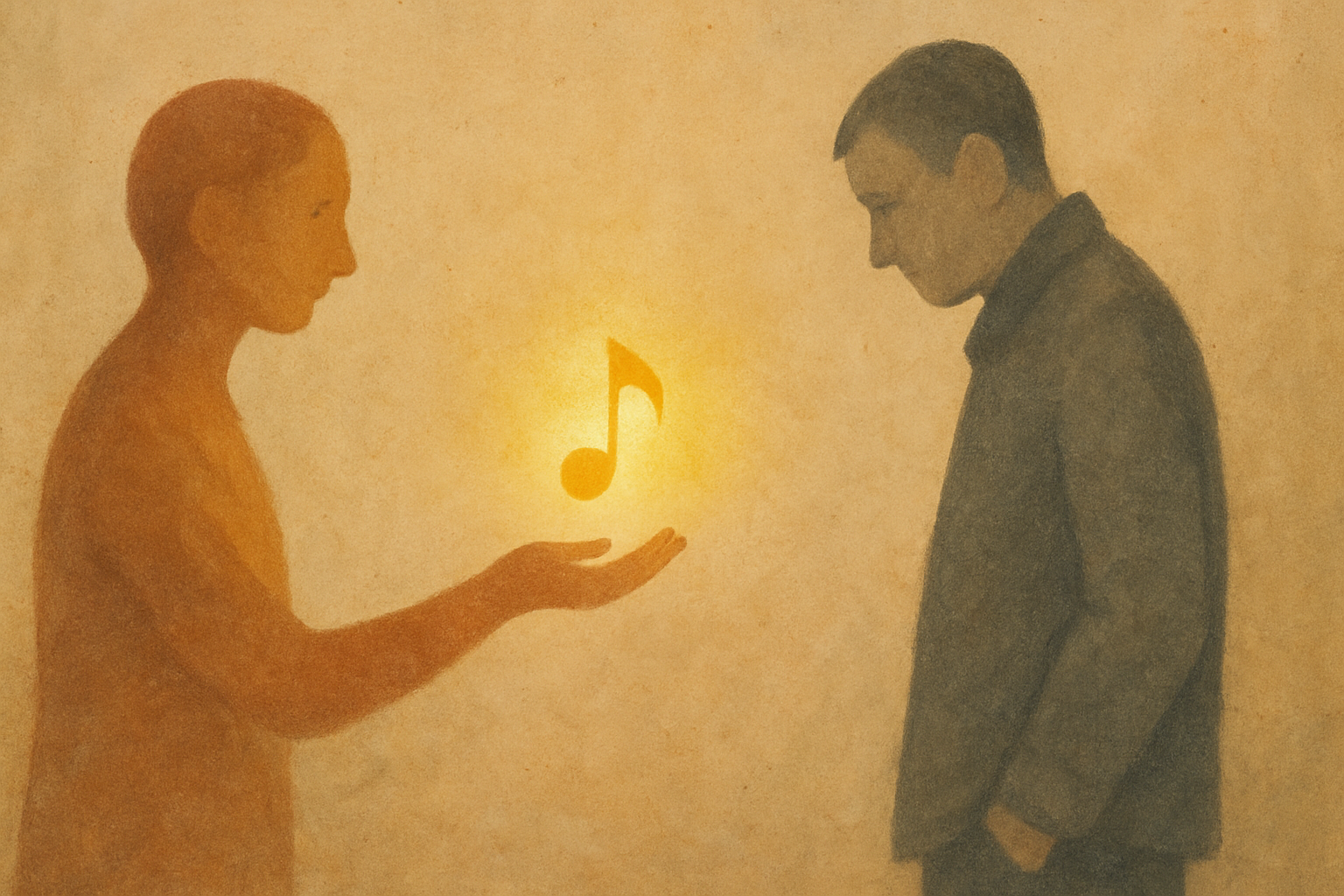1981. I was graduating from teacher’s college, with a close cohort of fellow graduates.
We had all, after our varied mix of degrees, completed a one-year teacher training program and were now about to be unleashed upon the unsuspecting children of New Zealand.
Our group had a good mix of musical abilities, and someone volunteered us to perform items for the graduation ceremony.
The piece I was involved in was the trio from Handel’s Acis and Galatea, entitled “The Flocks shall Leave the Mountain.” It’s a lovely piece, mixing beauty and drama. Soprano Shona McIntyre-Bull, as Galatea, anchored it and, together with our enthusiastic lecturer, Bob Eillebrecht (in the role of blustering villain Polyphemus), the three of us practiced extensively.
Come the graduation ceremony, and I was somewhat overwhelmed by the sensation that our group was out of step with the rest of our fellow graduates.
These were students who had done the normal three years of study after leaving school, and there were perhaps four times as many of them as there were in our small graduate group. Yet they appeared to have been barely included in the graduation entertainment. Almost all the items were being done by ‘the grads’.
This seemed wrong, and I could also tell from looking at them that our piece of classical music was not going to meet a particularly receptive audience.
Thoughts like these were not conducive to a stellar performance. We got through it okay, but I could think of multiple ways in which I could have done better and was left feeling frustrated that I had not performed as well as I normally expected to do.
Consequently, when an old lady came up afterwards and started telling me how much she had enjoyed my singing, I brushed her off, saying something like “Oh no, I really wasn’t very good.” And I will never forget the rather hurt look on her face as she turned away. I knew immediately that I had got that interaction badly wrong, and went away trying to figure out what I should have done differently.
I had got that interaction badly wrong — and went away trying to figure out what I should have done differently.
The short answer was that I should have been gracious.
Regardless of how I felt about my performance, that lady had enjoyed it and wanted to share her enjoyment. It was her gift, and I spurned it. And I had also made it seem like her judgement was impaired for liking something I didn’t value.
If time travel were possible, I would love to be able to go back and get that little exchange right, so that I could have shared a pleasant moment with someone who appreciated what I had done, despite any flaws.
Graciousness is a word that feels old-fashioned, but it deserves to be given more focus. It involves a particular mix of humility, empathy and a lightness of touch, all in the service of validating someone else and making them feel better. It flows gracefully and joyously, just like (now I come to think of it) virtually any line of Handel’s music.

Each vignette invites readers to embrace the beauty of unfinished thinking and the art of holding life’s ongoing questions.











Member discussion